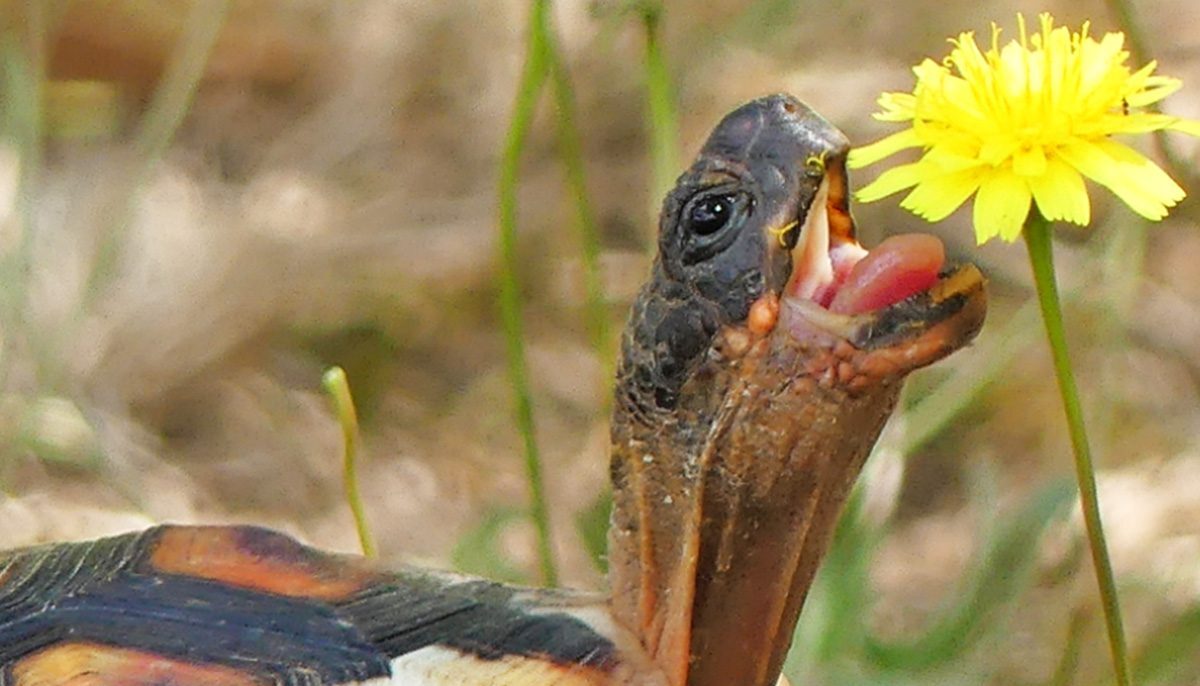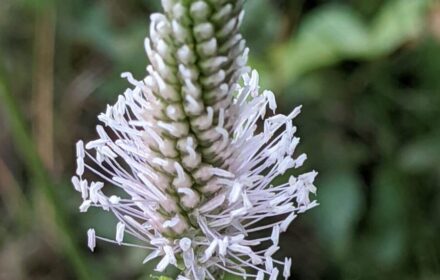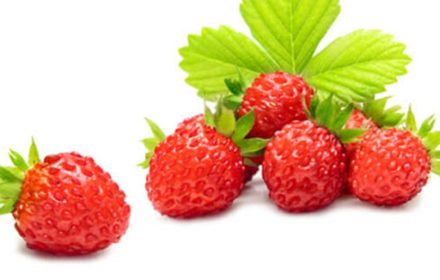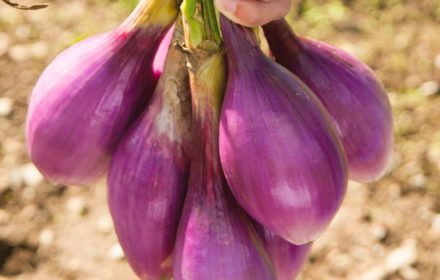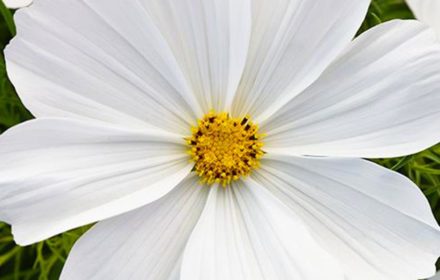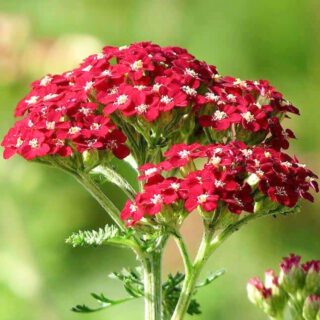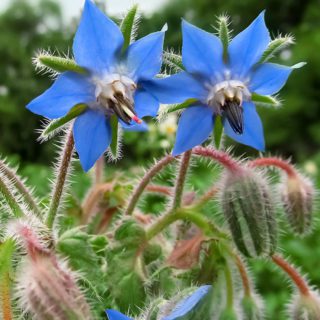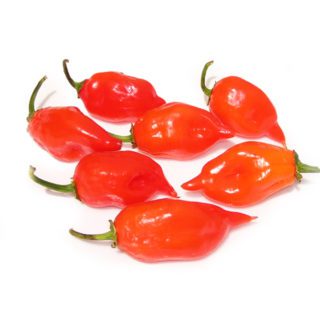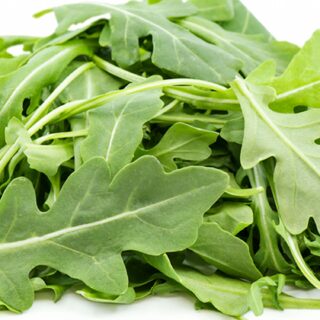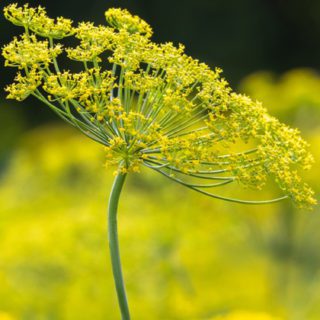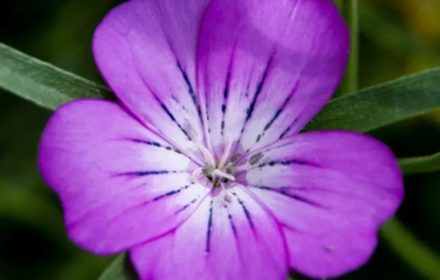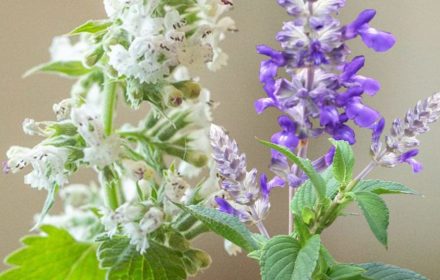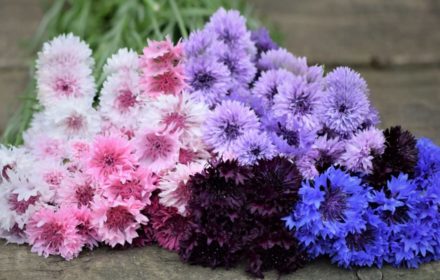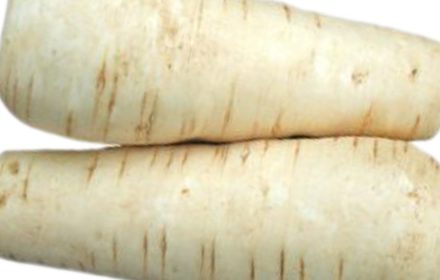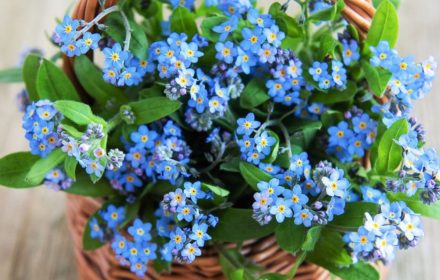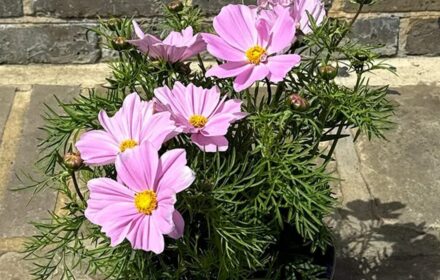Growing Mixed Clover Seeds for Tortoises
With a rich history and numerous benefits, mixed clover is an excellent staple in a tortoises diet. White Clover, Red Clover, Crimson Clover, and Alsike Clover have been used for centuries not only as cover crops and soil improvers, but also as nutritious food sources for livestock and wildlife. These clovers are rich in essential vitamins and minerals that support overall health, strong shells, and good digestion in tortoises. Overall, clovers are one of the best foods for tortoise breeds. Their role in promoting natural foraging behaviors makes them an ideal choice for any tortoise keeper. This guide will help you successfully, sow and grow your own tortoise food from seeds in the UK. British native, mixed clover weeds for tortoises to plant and grow, providing a sustainable and enriching food source for your tortoise.
When to Sow Mixed Clover Tortoise Food Seeds
- Outdoor Growing: Sow seeds outdoors from early spring (March) to late summer (August). For continuous growth, you can sow seeds every few weeks during the growing season.
- Indoor Growing: Tortoise food seeds can be started indoors at any time by emulating warm outdoor conditions. Ideal temperature ranges and planting conditions can be found below.
- Soil Requirements: Clover thrives in well-drained, fertile soil enriched with organic matter. The ideal soil pH range for clover is 6.0 to 7.0, which is slightly acidic to neutral.
- Location: Choose a sunny location that receives at least 4-6 hours of direct sunlight daily. Clover can tolerate partial shade but performs best in full sun.
UK Planting Guide for Growing Mixed Tortoise Seeds
- Sowing Depth: Scatter the clover seeds evenly over the soil surface and lightly rake them in. Seeds should be covered with a very thin layer of soil, approximately 1/8 inch (3 mm) deep.
- Spacing: Since clover seeds are small and will be sown as a mix, aim for even distribution. For dense growth, sow approximately 10-12 seeds per square inch.
- Temperature: Maintain soil temperatures between 10-25°C (50-77°F) for optimal germination.
- Germination: Clover seeds typically germinate within 7-14 days under optimal conditions.
- Watering: Keep the soil consistently moist but not waterlogged. Moderate watering is essential during the germination period and early growth stages. Once established, clover is relatively drought-tolerant.
- Fertilizing: Clover is a nitrogen-fixing plant, so it generally does not require additional nitrogen fertilizer. However, adding compost or a balanced all-purpose fertilizer can help improve soil fertility, especially if the soil is poor.
- Weeding: Keep the area free of weeds to reduce competition for nutrients and water. Clover establishes quickly and will outcompete most weeds once it is established.
Caring for Tortoise Clover Plants & Seedlings
- Thinning: If the clover grows too densely, you can thin it out by pulling some plants to allow others more space to grow. This is typically not necessary as clover tends to spread evenly.
- Pest Control: Clover is generally resistant to most pests. However, keep an eye out for aphids and other small insects. Use organic pest control methods if necessary.
- Disease Prevention: Clover is resilient and usually not prone to diseases. Ensure proper spacing and avoid overwatering to prevent fungal diseases.
Harvesting Clover Weeds for Tortoise Food
- Harvest Time: Clover can be harvested once it reaches a height of 4-6 inches (10-15 cm). For tortoise food, cut the clover with scissors or shears, leaving about 1-2 inches (2.5-5 cm) of growth to allow regrowth.
- Storage: Freshly harvested clover can be fed to tortoises immediately. If needed, you can store it in the refrigerator for a few days, but it is best used fresh.
- Succession Planting: For a continuous supply of fresh clover, sow seeds every few weeks during the growing season.
- Companion Planting: Clover can be used as a cover crop or interplanted with other tortoise-friendly plants. Its nitrogen-fixing ability enhances soil fertility for companion plants.
- Using Clover Flowers: Clover flowers are not only attractive but also beneficial. They attract pollinators like bees and butterflies, which can help improve the health of your garden.

